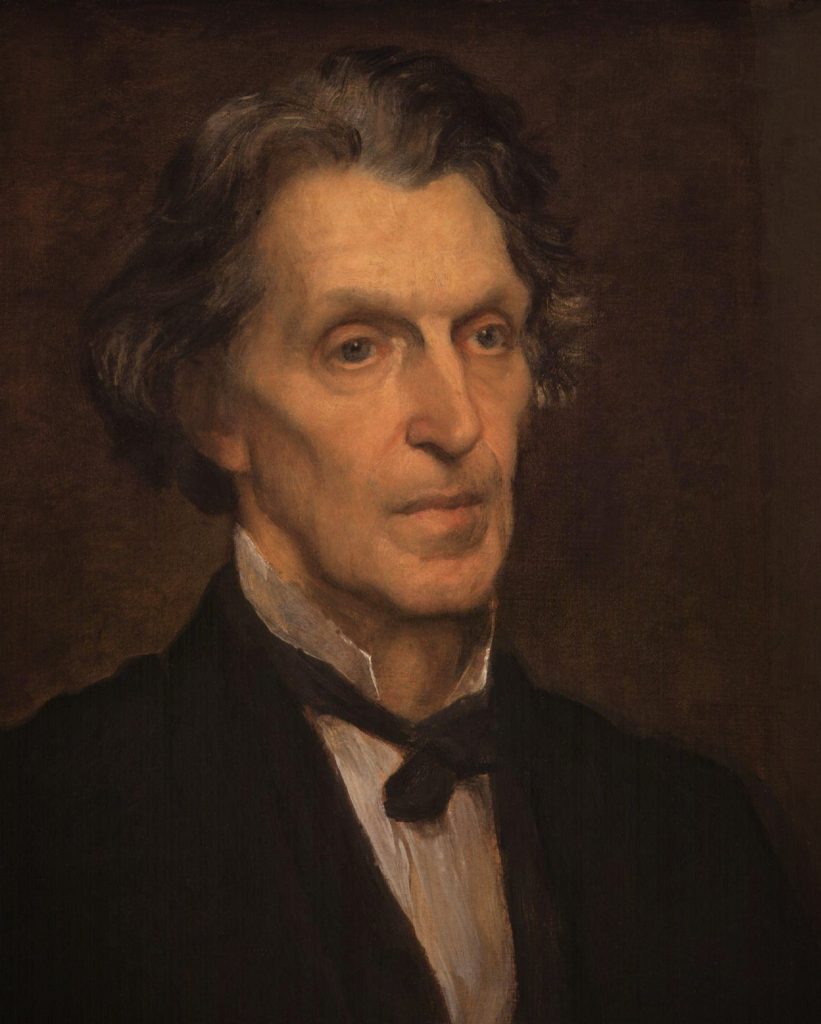Famous 19th c. English Unitarian scholar James Martineau comments on how the acid of historical inquiry eats away at trinitarian belief and on what remains after.
The dissolution of a mythology is no less natural a process than its growth, and is indeed secured the moment we have discovered how it has grown…the objective reality of Trinitarian worship inevitably vanishes for one who knows the successive increments by which its organism of doctrine has formed itself: to see its construction is to feel its dissolution. And even without this power of outwardly following a belief through its embryonic stages, the mere reflective sense of its internal incongruity or its contradiction to the better known, practically cancels its Divine pretensions, and concentrates the soul’s religion on what remains when it retires. But what is this natural residue of faith, when the enigma of tripersonality brings thought into confusion and the affections into conflict? Its object is simply the Unipersonal God, the beginning and the end of every perfection, the center and the infinitude of all good.
His preface to Gaston Bonet-Maury, Early Sources of English Unitarian Christianity, p. viii.
Of course this “Unipersonal God” is none other than the God of the Bible, Yahweh, a.k.a. the Father Almighty, the only true God, the creator of the cosmos, the one who sent his human Son to save us.

